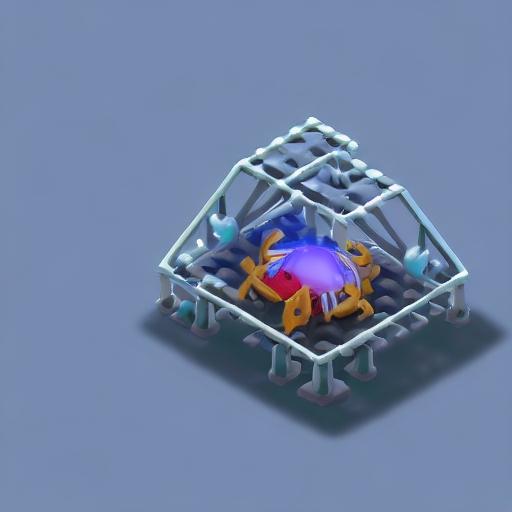
Building a website is just the first step towards establishing a successful online presence. To truly stand out and attract potential visitors, your site needs to be easily discoverable by search engines. This is where the concept of crawlability comes into play.
In simple terms, crawlability refers to the ability of search engine bots to navigate through your website and gather information about its content. These bots, also known as crawlers or spiders, visit web pages and index them in search engine databases. If your site is crawlable, it means that search engines can effectively explore its pages and understand what they are about.
Why is crawlability important? Well, if search engines can’t access and understand your website’s content, it becomes difficult for them to rank it in search results. If your site isn’t visible in search results, you’re missing out on potential organic traffic, which can negatively impact your online visibility and potential business growth.
So, how can you improve your site’s crawlability? Here are a few key strategies to consider:
1. Create a Clean and Well-Structured Website: Ensure that your website has a clear and intuitive navigation structure, making it easy for users and search engine bots to find their way around. Use descriptive URLs, organized categories, and a logical hierarchy for your content.
2. Optimize Your Robots.txt File: The robots.txt file is a text file that tells search engine bots which pages or files to crawl and which ones to ignore. Make sure that your robots.txt file is correctly configured to allow access to important pages while excluding unnecessary ones.
3. Submit a Sitemap: A sitemap is an XML file that lists all the pages on your website. Submitting a sitemap to search engines like Google allows them to easily discover and crawl your content. You can generate a sitemap using various online tools or plugins.
4. Ensure Proper URL Structure: Use descriptive and SEO-friendly URLs that clearly reflect the content of the page. Avoid using generic URLs with numbers or special characters. For example, instead of “website.com/page?=123,” use “website.com/about-us”.

5. Optimize Page Speed: Slow-loading pages can negatively affect crawlability. Optimize your website’s performance by compressing images, minifying CSS and JavaScript files, and leveraging browser caching. This will not only improve crawlability but also enhance the user experience.
6. Provide Quality Content: Creating valuable and unique content that resonates with your target audience is essential. Regularly update your website with fresh content, and ensure it is properly optimized using relevant keywords and meta tags.
By implementing these strategies, you’ll significantly improve your website’s crawlability, making it easier for search engine bots to index your content and rank it in search results. Remember that crawlability is just one aspect of search engine optimization (SEO), so it’s crucial to work on other SEO factors as well.







